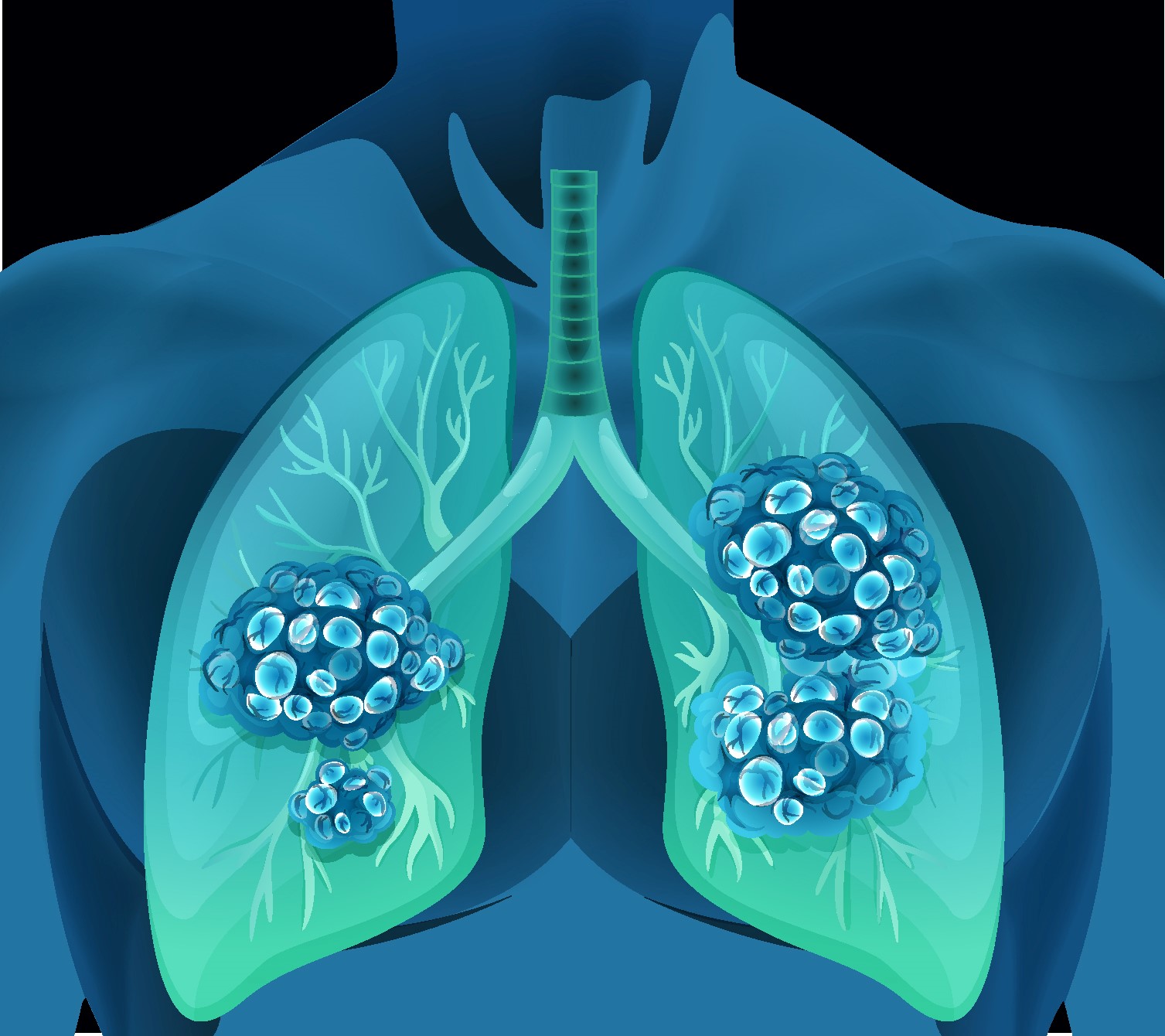Pain is a common but underappreciated symptom experienced by people with Chronic Obstructive Pulmonary Disease (COPD). The relationships between pain and physical activity (PA) and exercise capacity are poorly understood.
This retrospective secondary analysis includes three cohorts of Veterans with COPD who participated in longitudinal studies evaluating PA and exercise capacity with objective measures of daily step counts and 6-min walk test (6MWT) distance, respectively. Pain was assessed using the bodily pain domain of the Veterans RAND-36. In two cohorts, participants were randomly assigned to a web-based, pedometer-mediated PA intervention which has previously been demonstrated to improve PA.
Three-hundred and seventy-three (373) unique study participants were included in this analysis. Eighty-three percent (n = 311) of the population reported at least mild pain and/or at least a little bit of interference due to pain at baseline. Cross-sectionally, greater bodily pain was associated with lower 6MWT distance (β = 0.51; 95% CI 0.20, 0.82; p = 0.0013). Longitudinally, worsening bodily pain was associated with a decline in 6MWT distance (β = 0.30; 95% CI 0.03, 0.58; p = 0.0312). There was no association between baseline bodily pain and baseline daily step counts, baseline bodily pain and change in PA, or change in bodily pain and change in PA. Compared to usual care, our PA intervention improved bodily pain scores (β = 6.17; 95% CI 1.84, 10.45; p = 0.0054). Bodily pain scores did not affect the impact of the intervention on daily step counts.
Pain is highly prevalent and significantly associated with lower exercise capacity among Veterans with COPD. Worsening pain co-occurred with decline in exercise capacity but not PA. Our intervention reduced pain, although pain did not affect the impact of the intervention on PA.
© 2021. The Author(s).
Pain in Veterans with COPD: relationship with physical activity and exercise capacity.


